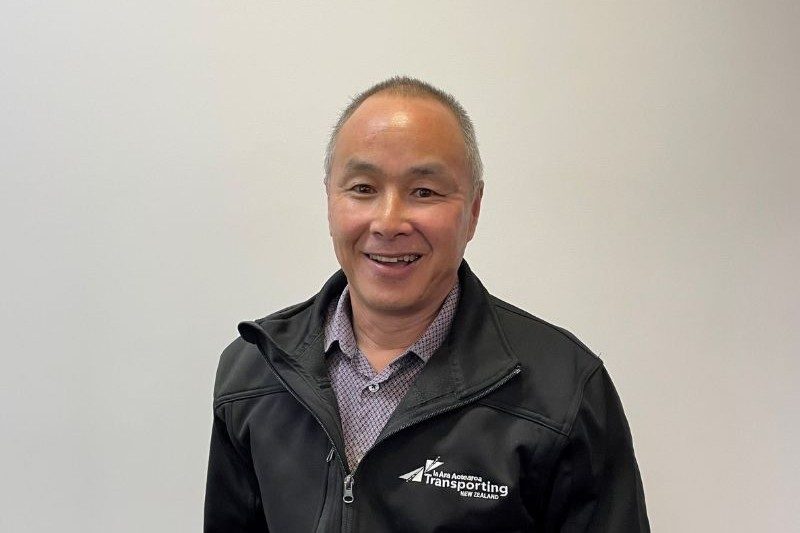Diversity drive to benefit industry

Even our staunchest supporters will admit that the road transport industry has not traditionally been the most diverse. Many of them would also acknowledge that if we are to address our long-term driver shortage issues successfully, this is an area that we desperately need to improve. I was, therefore, excited to launch a ground- breaking initiative recently with our friends at Teletrac Navman to drive diversity and change in New Zealand trucking.
The 2022 Teletrac Navman Driving Change Diversity Programme will develop a group of diversity champions nominated from within road transport and teach them how to create change and facilitate diversity in their workplace and community. It is based on a similar programme undertaken by the Australian Trucking Association (ATA).
The programme will run under the auspices of the Te ara ki tua Road to success traineeship. It will focus on attracting talent by showcasing diversity champions in the industry and making road transport more inclusive.
We are grateful to have the support of Teletrac Navman to drive this initiative and are focused on the 2022 Driving Change Diversity Programme, promoting a positive view of the careers available in road-freight transport and encouraging more people into the workforce.
Participants will be provided professional development coaching to become mentors, be supported to become spokespeople for diversity and inclusion and develop a strong professional network with like-minded individuals.
We know that diversity in the workplace is not just a nice-to-have but also carries many commercial benefits. These range from increased productivity, access to a greater recruitment talent pool, and the development of more inclusive, attractive workplaces.
During the two years the programme has been running in Australia, Teletrac Navman has seen a positive change in the sector, with ever-increasing interest in the programme and participants creating a strong, diverse network to help shape the industry’s future.
Nominations for the Teletrac Navman Driving Change Diversity Programme are open until 3 June 2022. Participants must be involved as an owner or employee in a trucking business in New Zealand, be available to travel, and be willing to undertake media activity, including photography and video.
The programme will kick off at a workshop in September, and participants will attend the Ia Ara Aotearoa Transporting New Zealand Conference in Invercargill.
For more information on participating, contact Fiona McDonagh at Transporting New Zealand (fiona@transporting.nz).
Government to take over bitumen supply?
Like a lot of our industry, I was shocked to hear in the news that Waka Kotahi is planning to take over the supply of bitumen to New Zealand from Z Energy.
What has the machinery of government got to do with the domestic supply of a commodity product traded on the international market such as bitumen? It’s a wee bit like stepping back in time to the bad old days of the Ministry of Works, although I guess with things such as fair-pay agreements, the entrenchment of collective bargaining and the nostalgic ‘investment’ in rail as a freight mode, quite a lot of what this government does harks back to a bygone era. That was an era where nationalisation and protectionism competed with free-market liberalism for the affections of politicians and an era that many of us had thought was behind us.
We are told the reason Waka Kotahi is taking over is that it believes it is currently being overcharged by bitumen suppliers. Z Energy, which currently supplies the biggest share of bitumen into New Zealand, has understandably refuted this, pointing to fluctuations in the international market, such as high crude-oil prices linked to the war in Ukraine.
Bitumen is a key strategic commodity as there is no current alternative to its use for road-building in New Zealand, so I can understand why we must have a secure supply. However, I struggle to see how Waka Kotahi’s negotiating skills will be superior to an experienced international supplier such as Z Energy with a full understanding of the market it operates in every day.
The whole thing seems shrouded in secrecy, with media only finding out via the Official Information Act and much of that information being redacted. It also seems that this is very much a done deal, with Z already planning to leave the market in July next year. Nevertheless, I believe it is time for some openness and transparency about Waka Kotahi’s plans because road users and commercial operators need to have confidence that the government and local councils can continue maintaining our existing roads and building much-needed new ones.



